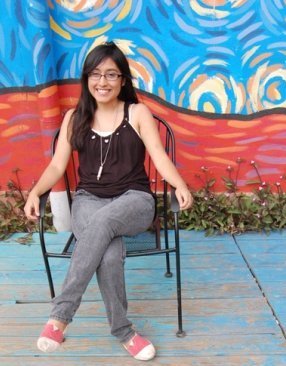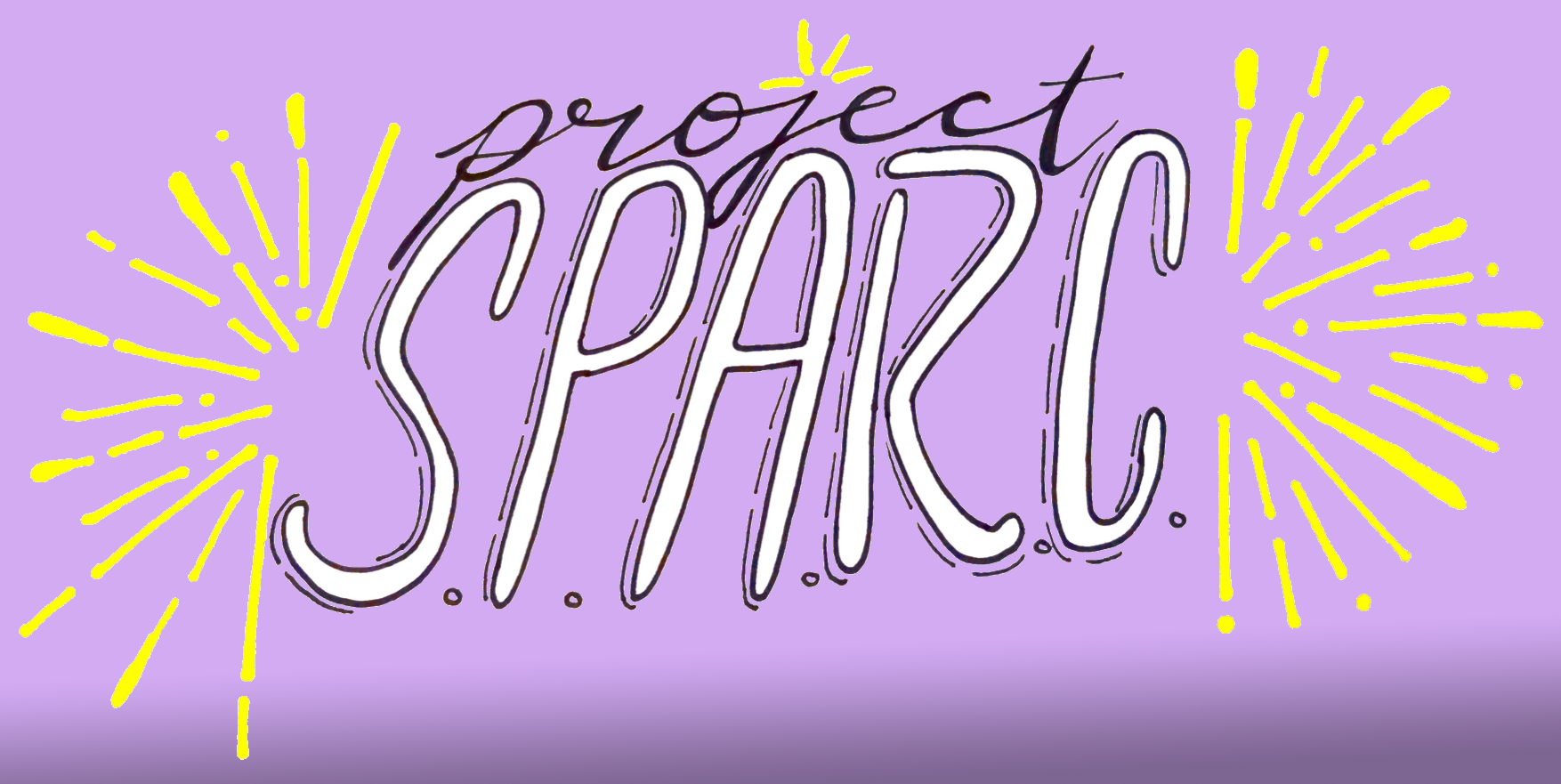
When I began working at Smith College, the Jandon Center for Community Engagement had just learned that we received a small federal grant for a participatory action research project, to take place in collaboration with one of our flagship programs, Project Coach, and New North Citizen’s Council, a well-known community-based organization based out of Springfield, Massachusetts.
I’m not from Massachusetts. I’m from Texas. As the child of Mexican immigrants, coming to terms that we were not welcome members of our local community felt heavy. It felt heavy to go to school and be told things that I remember to this day. My hometown was predominately white and upper middle class, with the exception of my neighborhood. In college, I’d wake up startled in the night, as it felt like such a haunting reprieve to hear silence instead of gunshots.
It was my dream to leave Texas, and all of that sorrow behind me. I flew high and wide—to Silicon Valley, to join the politicos in D.C., to New York State, to the heartland of the Midwest, to steel city. I kept coming and going, sobered by the undeniable realization that communities face similar struggles everywhere. Out there are many people like me, who spend their whole lives looking for a place to call home.
Project SPARC began as a task, one that I was meant to complete as part of my job. After the team kicked off and recruited a research team, I recognized its power to facilitate authentic interactions.
My work with Project SPARC has been to support its mission, which is to better understand and learn from the barriers hindering young adults at succeeding during a period of their life we’ve termed emerging adulthood—or the period of life between the ages of 18-24. What are some of the barriers that people encounter? What makes people feel stuck? What support systems are lacking?
My work with Project SPARC has been to dabble in many projects. I wrote our first Instagram post, which served to remind me of the potential poetics of a small space. I convened many long discussions with Leslie, our all-star research assistant, in which we brainstormed the development of resource packets to share with our young adult researchers to conduct community interviews and later, events. I coined the name of the team, and it stuck (yes!). I joined the team as an equal member of the documentation crew, which involved transcribing interview we conducted into sound bytes, which we then shared back out to community members during public events. I helped pull together one very messy draft of a final report. I’ve eaten a lot of pizza and drank my share of ginger ale.
Our multi-generational team includes 18-24 year old community members in Springfield. On our team is a talented young adult with the biggest heart I’ve ever seen. I’ve met a dedicated young woman who is going to shake the world one day. I work with sensitive, articulate, and intelligent people. As capable young adults, what is holding us, the collective, back? What are ways in which local communities have failed structurally? What can we do about it?
A question that’s come up frequently is why we tie this work to Smith College. From my perspective, I’ve learned that researchers oftentimes enter and exit neighborhoods once a particular project is complete. But what about the people? What about the invisible contract you forge with the community when coming from a privileged neighboring community?
As an institution, Smith College undeniably has influence over the local politics and makeup of this corner of Western Mass. As an institution, I feel a strong civic responsibility to not only implant students for short time periods into “borrowed” communities, but to drive social change within that community, and to leave a place better than when one first arrived. This feels very relevant, especially with current efforts surrounding access, equity, and inclusion of our neighbors in relation to our physical inprint.
Our team is made up of brilliant Smith students, professors, staff members, and young adults from Springfield. Our work has rippled to 350+ people directly across the Northwest. Recently, our team was approved for Year II program funding, as well as received potential for a third year.
What have we discovered? There is unleveraged power in raising youth voices. When we speak, people listen, and that even with limited resources, we can implement social change and community-driven solutions. The next year, we plan to launch a series of youth cohorts in Springfield to receive professional mentorship and support from local professionals. We plan to develop a web resource for young people who are job-hunting, and connect larger institutions into funneling meaningful work into our community.
I feel grateful that I can tell my child that when faced with adversity, I didn’t step back; I moved forward and tried to do something about it. I’ll close with these words by Audre Lorde:
We have been raised to fear the yes within ourselves, our deepest cravings. But, once recognized, those who do not enhance our future lose their power and can be altered. The fear of our desires keeps them suspect and indiscriminately powerful, for to suppress any truth is to give it strength beyond endurance. The fear that we cannot grow beyond whatever distortions we may find within ourselves keeps us docile and loyal and obedient, externally defined, and leads us to accept many facets of our oppression as women.
